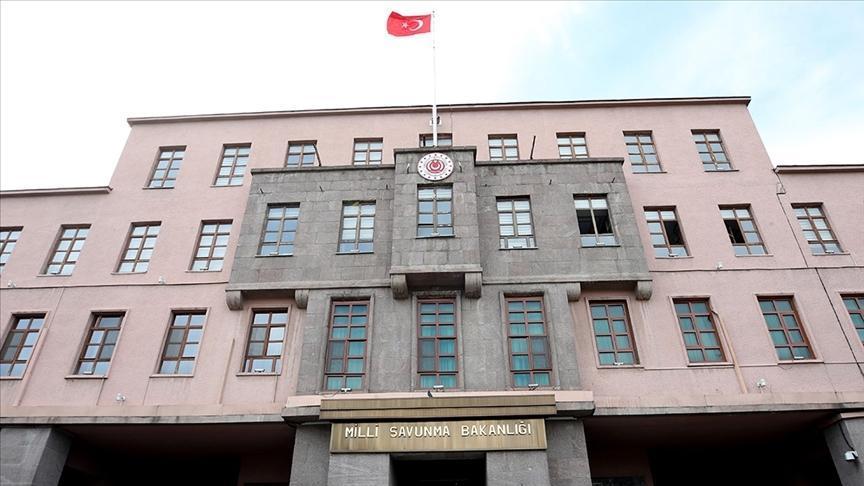The end of 'unshakable' AKP myth
For the last couple of days, the codes and rules, which have been turned upside-down by Turkey’s ruling Justice and Development Party (AKP), have become hard to keep up with since the AKP was forced to fight a self-created “monster.”
The AKP, which has been facing the direst showdown over a corruption scandal with its ally-turned-foe the Hizmet (Service) movement, led by self-exiled Islamist preacher Fethullah Gülen, has found itself in a fight with not only Gülen’s “state within a state” but also itself, as well.
It had already lost four lawmakers, two of whom were also former ministers in AKP governments, since the launch of the graft case and moreover, the rules it brought to the game have become its main source of troubles in perhaps its survival fight. The ongoing judiciary deadlock over the corruption investigation into high-profile names, including sons of three former ministers, was the direct result of AKP efforts to alter the rules.
Even the Cabinet reshuffle, dubbed as Prime Minister Recep Tayyip Erdoğan’s “War Cabinet,” could hardly save his AKP government. The corruption disaster unleashed by the Hizmet Movement has already taken down the myth that the AKP is “unshakable” or even “challengeable.” This time, the AKP government has been hit hard by its own bullets.
Erdoğan’s and his party’s efforts to avert the Hizmet campaign, such as a purge on Gülenist police chiefs and other security members, would only freeze the crisis but not for a long time. Surely not his style but now the prime minister needs to see that his government would no longer survive if he fails to accept a defeat for good.
The Cabinet reshuffle, in which four ministers under suspicion of being involved in corruption scandals, appeared as a slim signal since up until now the prime minister has always embraced his ministers or officials, who are under fire. Alas, the Cabinet move was yet another call for a battle with the Hizmet, which aimed for a second salvo on the government with the fresh but blocked wave of raids on new high-profile names, many of whom were reportedly businessmen close to the AKP.
The Hizmet-AKP fight has created a new dimension in the polarization of Turkey – a country that has been long divided mainly due to the AKP undertakings. The new polarization has appeared riskier for the AKP, which is in return trying to consolidate its power with desperate efforts, like pro-government rallies or greetings of the PM, or maybe with a call for early election.
The campaign of pro-government rallies was first created during the heights of anti-government Gezi protests in early summer and managed to give Erdoğan a relief of breath for some time. When the protests started to ebb, the prime minister was more defiant and harsh on the protests. But in his fight with the Hizmet, he would need more than a PR campaign. The option for a snap election call seems the wisest option for his party but stakes are high over there too if he fails in his traditional “victimization” rhetoric, which worked well in many previous crisis, to convince his electorate.
The unusual silence from Turkey’s Western allies has also been interesting so far but it might be about the premier’s claim that the scandal was a plot against his ruling with both local and international parties. But it might also mean that the AKP has started to lose its charm abroad since Erdoğan has already tarnished his reputation in the eyes of its EU and U.S. allies, particularly during the Gezi protests. Along with the Hizmet blow, this might be the last act in a long-running saga, in which both the group and AKP will fight until one ends the other.










